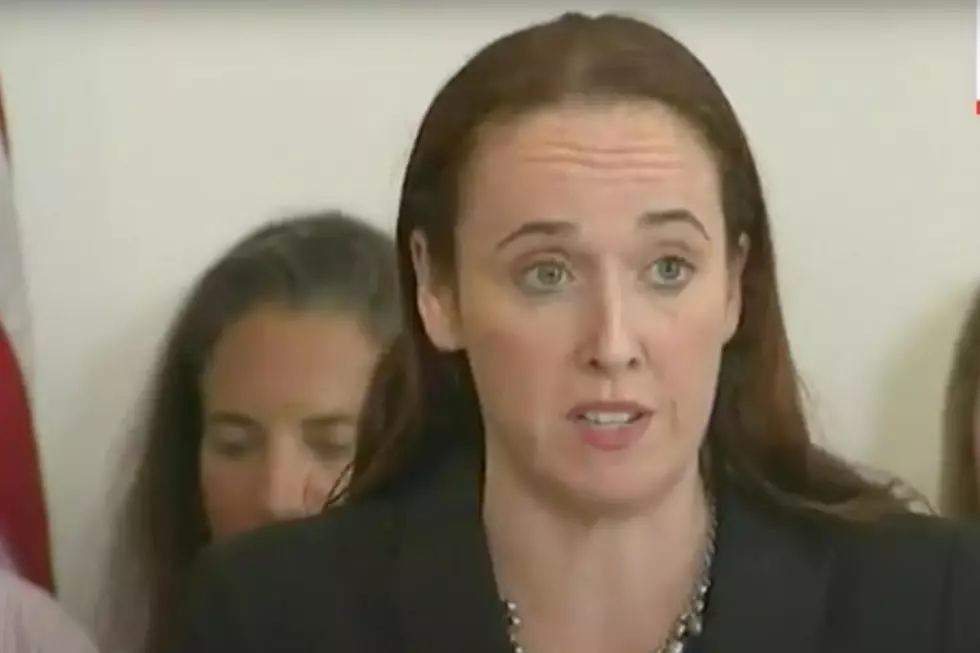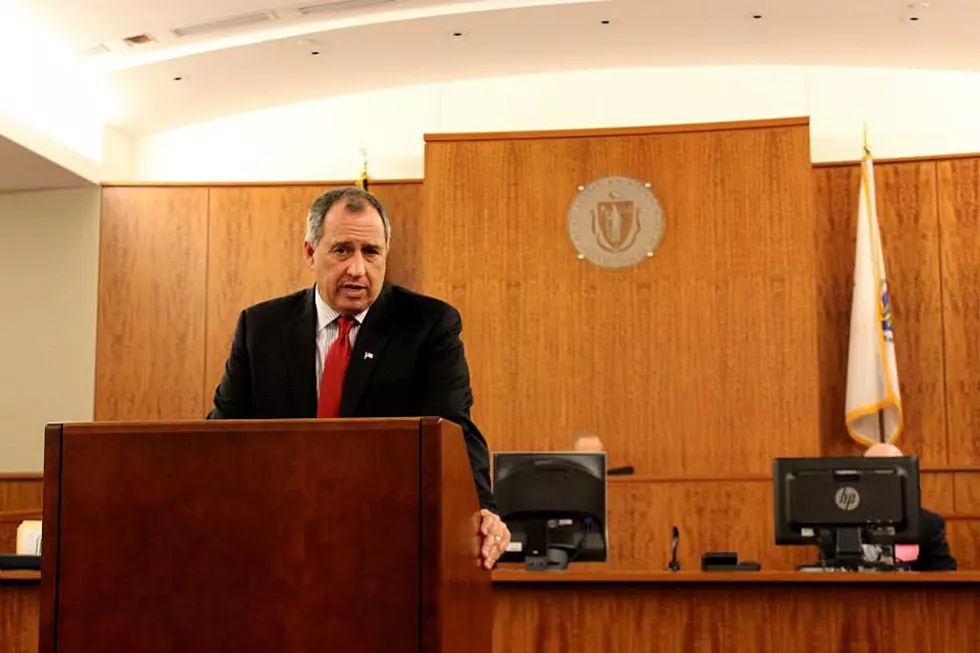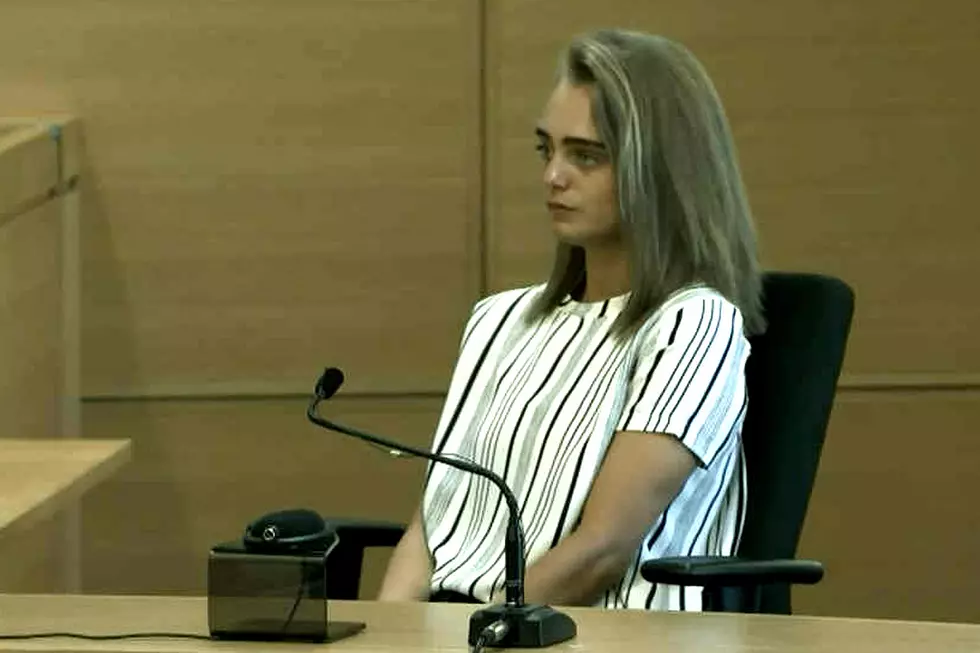![Make Coerced Suicide Unlawful [PHIL-OSOPHY]](https://townsquare.media/site/518/files/2017/06/michelle-carter-2.jpg?w=980&q=75)
Make Coerced Suicide Unlawful [PHIL-OSOPHY]
Words have the power to build people up or break people down.
For many of us who live on the SouthCoast, the tragedy of Conrad Roy and Michelle Carter is a personal and firsthand account that continues to knock the breath out of us. My prayers surround both families, but then again, Carter encouraged her boyfriend to kill himself, and I consider that to have contributed to young Conrad's regrettable death. Coercing someone she knew, whose history showed he had experienced suicide ideation, provided him the ways and means to commit suicide.
Massachusetts has never had a law that specifically addresses coerced suicide. It's time to introduce balanced legislation, and that's what State Senator Barry Finegold's office has been working on for a while with Linda Roy, Conrad's mother. Dubbed "Conrad's Law," the bill would set a maximum sentence of five years in prison for anyone who "intentionally coerces or encourages" an individual to die by suicide.
Most other states have laws that criminalize suicide by coercion. This law would serve as a continuous memorial to the Roy family, but also, it would make it clear-cut and unmistakable that in Massachusetts, pressuring another person to commit suicide is unlawful and subject to criminal liability. I'm told coercion suicide cases are uncommon; nonetheless, Conrad's Law would send an unequivocal warning that coerced suicide is condemnable.
Words are astoundingly the most powerful influence to humanity. We can choose to use this influence constructively, with words that can put someone on their feet again, or destructively, using words that rub out and wipe from the face of the earth.
Phil Paleologos is the host of The Phil Paleologos Show on 1420 WBSM New Bedford. He can be heard weekdays from 6 a.m. to 10 a.m. Contact him at phil@wbsm.com and follow him on Twitter @PhilPaleologos. The opinions expressed in this commentary are solely those of the author.
CHECK THEM OUT: States With the Best and Worst Commutes

More From WBSM-AM/AM 1420
![Raising Awareness About Conrad’s Law [TOWNSQUARE SUNDAY]](http://townsquare.media/site/518/files/2022/09/attachment-conrad-roy-III.jpg?w=980&q=75)


![Fairhaven Dad’s Sign From the Other Side [PHIL-OSOPHY]](http://townsquare.media/site/518/files/2021/06/attachment-Conrad-Roy-Helmet-1.jpeg?w=980&q=75)
![Michelle Carter Walks Free from Bristol County House of Correction [VIDEO]](http://townsquare.media/site/518/files/2020/01/Screen-Shot-2020-01-23-at-10.47.38-AM.png?w=980&q=75)




